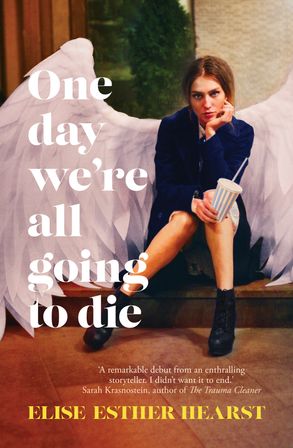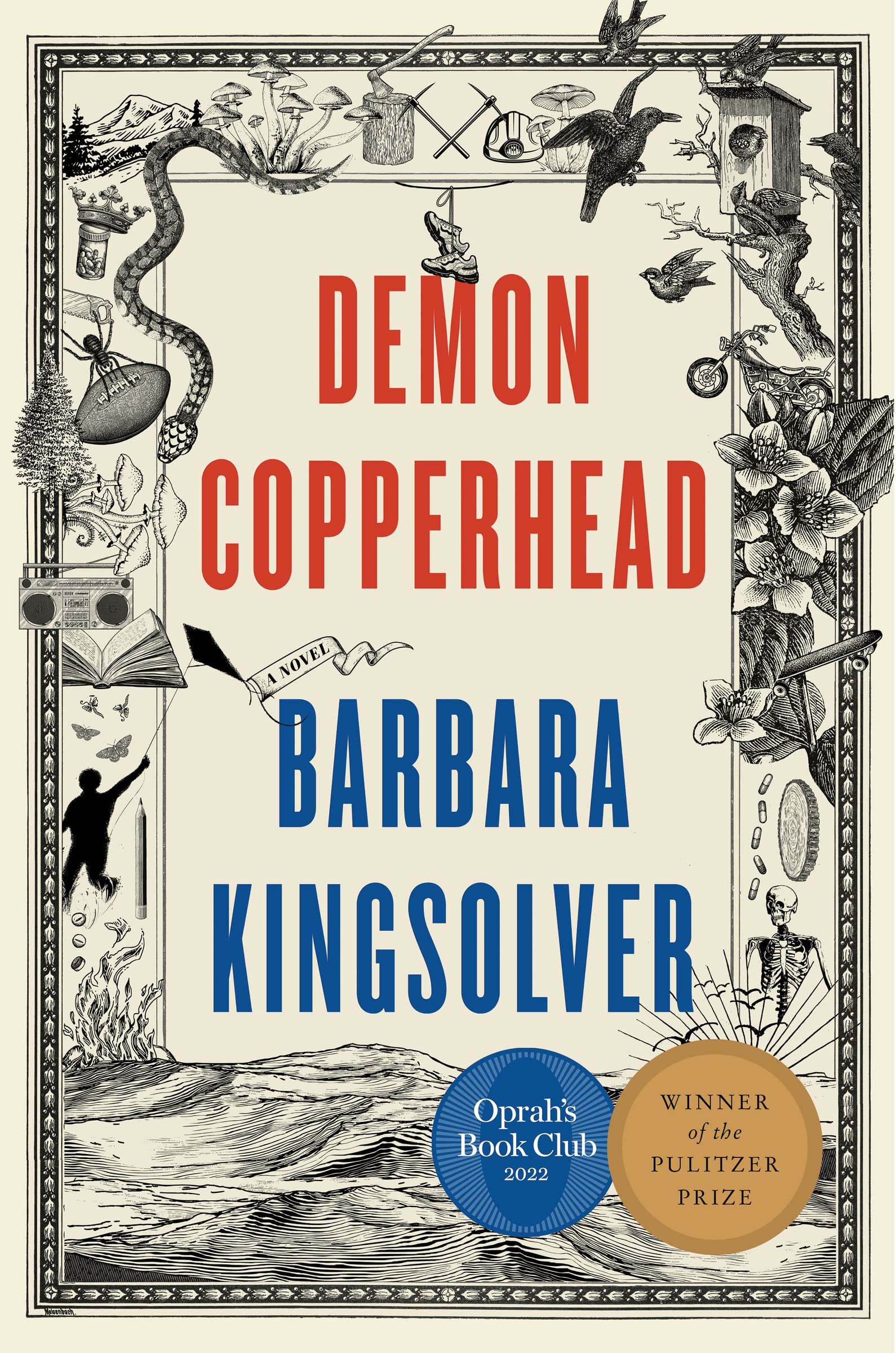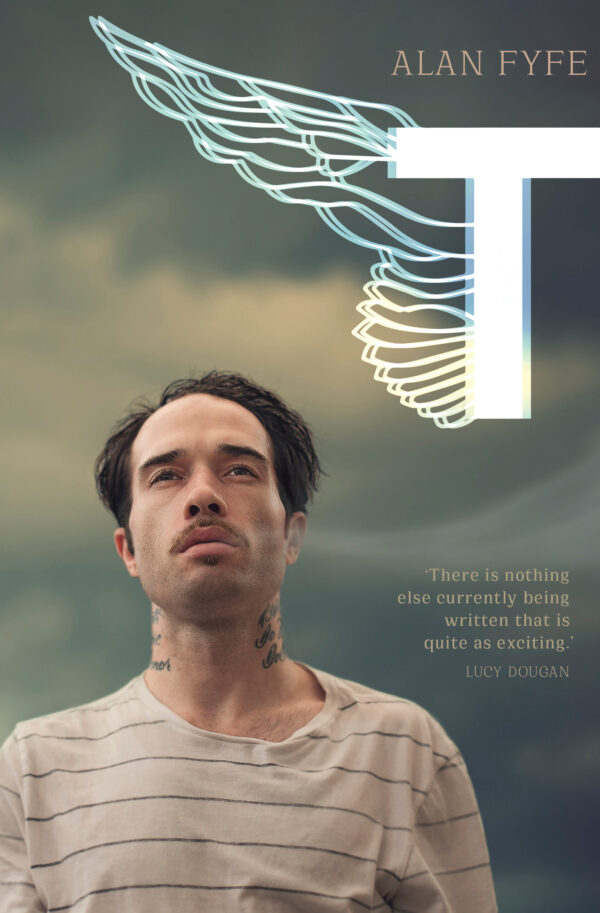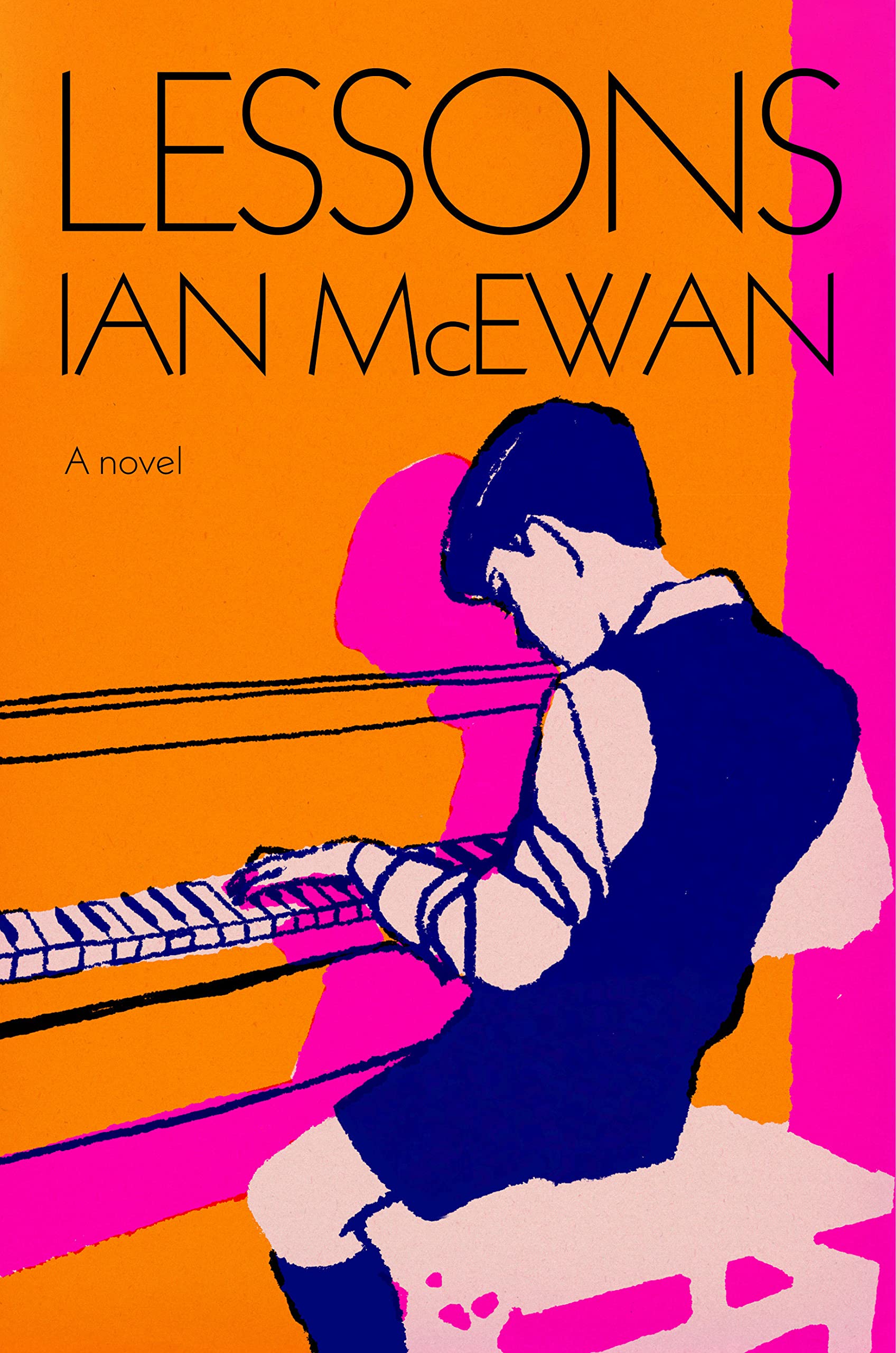 Deceptively easy to read, One day we’re all going to die is a rich, complex book that encompasses family and connection, friendships, privilege, survival in the face of inherited trauma, Judaism, culture, modern life, and the healing power of creativity. If that seems like a lot, it doesn’t feel like it. Hearst handles it all with ease, and the book is a light-hearted joy.
Deceptively easy to read, One day we’re all going to die is a rich, complex book that encompasses family and connection, friendships, privilege, survival in the face of inherited trauma, Judaism, culture, modern life, and the healing power of creativity. If that seems like a lot, it doesn’t feel like it. Hearst handles it all with ease, and the book is a light-hearted joy.
Tag: fiction
A review of Ravage & Son by Jerome Charyn
 The grim urban setting of Ravage & Son, its violence, cast of criminals from all classes, and atmosphere of pessimism and disillusionment are characteristics of the noir genre. In Charyn’s story, we see a promising youth who was given the chance to make something of himself in the world’s terms, yet chooses a different course for several reasons and eventually is defeated by the milieu he sought to clean up.
The grim urban setting of Ravage & Son, its violence, cast of criminals from all classes, and atmosphere of pessimism and disillusionment are characteristics of the noir genre. In Charyn’s story, we see a promising youth who was given the chance to make something of himself in the world’s terms, yet chooses a different course for several reasons and eventually is defeated by the milieu he sought to clean up.
A review of Demon Copperhead by Barbara Kingsolver
 Many novelists have retold classics from bygone eras. One thinks of Jane Smiley’s retelling of King Lear in A Thousand Acres and Curtis Sittenfeld transforming Pride and Prejudice into Eligible. The fun in reading adaptations lies in seeing how the characters turn out in a new setting, and whether or not the author retains the theme of the original classic.
Many novelists have retold classics from bygone eras. One thinks of Jane Smiley’s retelling of King Lear in A Thousand Acres and Curtis Sittenfeld transforming Pride and Prejudice into Eligible. The fun in reading adaptations lies in seeing how the characters turn out in a new setting, and whether or not the author retains the theme of the original classic.
A review of A Dangerous Daughter by Dina Davis
 Ivy’s recovery only begins when the blame, punishment and shaming stops, thanks to an empathetic Freudian psychoanalyst who helps Ivy understand the nature of her illness. Davis’ writing is subtle and powerful throughout the book, focusing on Ivy’s growing sense of self and a slow, nonlinear healing process that rings true.
Ivy’s recovery only begins when the blame, punishment and shaming stops, thanks to an empathetic Freudian psychoanalyst who helps Ivy understand the nature of her illness. Davis’ writing is subtle and powerful throughout the book, focusing on Ivy’s growing sense of self and a slow, nonlinear healing process that rings true.
A review of We Arrive Uninvited by Jen Knox
 The author effectively balances an almost all-female cast of characters without falling prey to literary cliches or devolving into a feminist manifesto. In this intimate book centered around different ways of seeing and knowing, Knox takes on the challenge of trying to decipher the messy relationships that women have with each other and does so seamlessly while also highlighting the challenges of female agency in America over the past century.
The author effectively balances an almost all-female cast of characters without falling prey to literary cliches or devolving into a feminist manifesto. In this intimate book centered around different ways of seeing and knowing, Knox takes on the challenge of trying to decipher the messy relationships that women have with each other and does so seamlessly while also highlighting the challenges of female agency in America over the past century.
A review of T by Alan Fyfe
 Fyfe does a terrific job in capturing both the seductive pull of T’s need and his rapid decline and things begin to disintegrate. Told in third person narrative, with T’s point of view, the story follows T’s various attempts to score, sell, find a place to live, and in some odd way, to find meaning. To say that T’s world is grungy would be an understatement, but Fyfe’s writing is consistently rich and poetic.
Fyfe does a terrific job in capturing both the seductive pull of T’s need and his rapid decline and things begin to disintegrate. Told in third person narrative, with T’s point of view, the story follows T’s various attempts to score, sell, find a place to live, and in some odd way, to find meaning. To say that T’s world is grungy would be an understatement, but Fyfe’s writing is consistently rich and poetic.
Using Form to Manipulate Time in Max Porter’s Lanny
 It is not just the style and formatting that is soaked with the understanding of time, but the prose itself which is permeated with the musings and misgivings about the passing of time, and the understanding of times influence on the world that surrounds. The first section of the book is half of the text, and through it the reader comes to understand that Lanny, like Dead Papa Toothwort, is so in tune with the earth that he doesn’t follow the rationality of humans, of the mundane.
It is not just the style and formatting that is soaked with the understanding of time, but the prose itself which is permeated with the musings and misgivings about the passing of time, and the understanding of times influence on the world that surrounds. The first section of the book is half of the text, and through it the reader comes to understand that Lanny, like Dead Papa Toothwort, is so in tune with the earth that he doesn’t follow the rationality of humans, of the mundane.
A review of Lessons by Ian McEwan
 The story begins in medias res, with Roland Baines, in his home in Clapham, waking from a nightmare about his boyhood piano lessons, and realizing that he is now a grown man taking care of his infant son, Lawrence. Roland is “the baby’s bed and his god.” Alissa, Roland’s wife, has vanished, leaving a note telling him not to find her. “I have been living the wrong life. Please try to forgive me,” she wrote.
The story begins in medias res, with Roland Baines, in his home in Clapham, waking from a nightmare about his boyhood piano lessons, and realizing that he is now a grown man taking care of his infant son, Lawrence. Roland is “the baby’s bed and his god.” Alissa, Roland’s wife, has vanished, leaving a note telling him not to find her. “I have been living the wrong life. Please try to forgive me,” she wrote.
A review of The Return by Aaron Paul Lazar
 The book is fast paced, drawing you in from the first chapter, and progressing with exciting turns in a way that the book is always pleasurable and satisfying, and even the worst antagonists are treated with empathy. It’s hard not to like Gus, who is always ready to lend a helping hand or a basket of fresh picked zucchinis and corn. Lazar is a master craftsman and pays careful attention to language, plot, pacing and character so that all of the elements tie together neatly and seamlessly, description charged with rich nostalgia
The book is fast paced, drawing you in from the first chapter, and progressing with exciting turns in a way that the book is always pleasurable and satisfying, and even the worst antagonists are treated with empathy. It’s hard not to like Gus, who is always ready to lend a helping hand or a basket of fresh picked zucchinis and corn. Lazar is a master craftsman and pays careful attention to language, plot, pacing and character so that all of the elements tie together neatly and seamlessly, description charged with rich nostalgia
A review of The Other Mother by Rachel M. Harper
 Harper’s novel will engage fans of generational sagas and family dramas where long-buried family histories and secrets are unearthed, and where past choices explicitly affect the present and future of others in a snowball effect. The novel excels at revealing motherhood—or parenting––truly: falling in love with a person you’ve helped to create, and, in doing so, loving yourself in ways you couldn’t imagine; knowing you will sacrifice absolutely everything for them.
Harper’s novel will engage fans of generational sagas and family dramas where long-buried family histories and secrets are unearthed, and where past choices explicitly affect the present and future of others in a snowball effect. The novel excels at revealing motherhood—or parenting––truly: falling in love with a person you’ve helped to create, and, in doing so, loving yourself in ways you couldn’t imagine; knowing you will sacrifice absolutely everything for them.